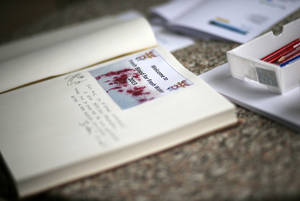The Registration for the “Hybrid"IsoEcol 2022 meeting on June 6-10, 2022 in Gaming Austria is possible three more days – until March 30 - https://form.jotform.com/Isoecol2020/isoecol-2022-registration
Participation options:
- Mo-Fr (maximum 100 attendees) – in person attendance in Gaming, Austria – oral poster sessions – Fee 470 €
- Thu-Fr– virtual attendance – presentations via Zoom, Fee 100 €
4FatQs: The importance of dietary omega-3 fatty acids for development of cognitive skills in wild fishes
The aim of the project is to use the framework of Tinbergen’s four essential questions to understand the mechanism through which dietary intake and internal synthesis n-3 LC-PUFA affects biochemical and cellular quality of brain and cognitive traits of brown trout. The necessary laboratory and experimental work will be accompanied by sampling of wild populations of brown trout and the assessment of their behaviour and fitness in their natural river environment (e.g., by using radio telemetry). Primary investigator of the project is Dr. Libor Závorka from WasserCluster Lunz and Dr. Martin Kainz (WasserCluster Lunz). Dr. Pavel Němec (Charles Univesity in Prague), and Prof. Shaun Killen (University of Glasgow) are project collaborators.
WasserCluster Lunz will be represented at three locations at Lange Nacht der Forschung on May 22:
Be curious - drop by!
What lives in the water? - BAW, Petzenkirchen
Who exhales methane? - IST Austria, Klosterneuburg
Do fats from carp ponds increase biodiversity on land? - Universität für Weiterbildung Krems
The activity report of WasserCluster Lunz 2021 is now available online. Appropriate to the international women's day today, you will find a gender-specific overview of our employees for the first time. Good news: Women in our research center make up 55% thanks to the strong representation of female laboratory assistants.
150 years BOKU: With the slogan " 150 Years – Featuring Future", BOKU, one of our three partner universities, celebrates its anniversary this year. In its 90-second teaser, we, the WasserCluster Lunz, as an inter-university research center of the University of Natural Resources and Life Sciences, also make a brief appearance.
In December 2021 Matthias Pucher successfully defended his PhD-thesis with the title "Organic carbon cycling in streams: process understanding and impacts through agriculture and droughts" under the supervision of Thomas Hein from AG BIGER.
Congratulations!
In November 2021 Lena Fehlinger successfully defended her MSc-thesis with the title "Export of dietary energy via emerging insects from eutrophic fish ponds" under the supervision of Martin Kainz from AG LIPTOX.
Congratulations!
In November 2021 Philipp Mayer successfully defended his MSc-thesis with the title "Effects of macrophytes on nutrient cycling in a groundwater-fed lowland river" under the supervision of Thomas Hein from AG BIGER.
Congratulations!





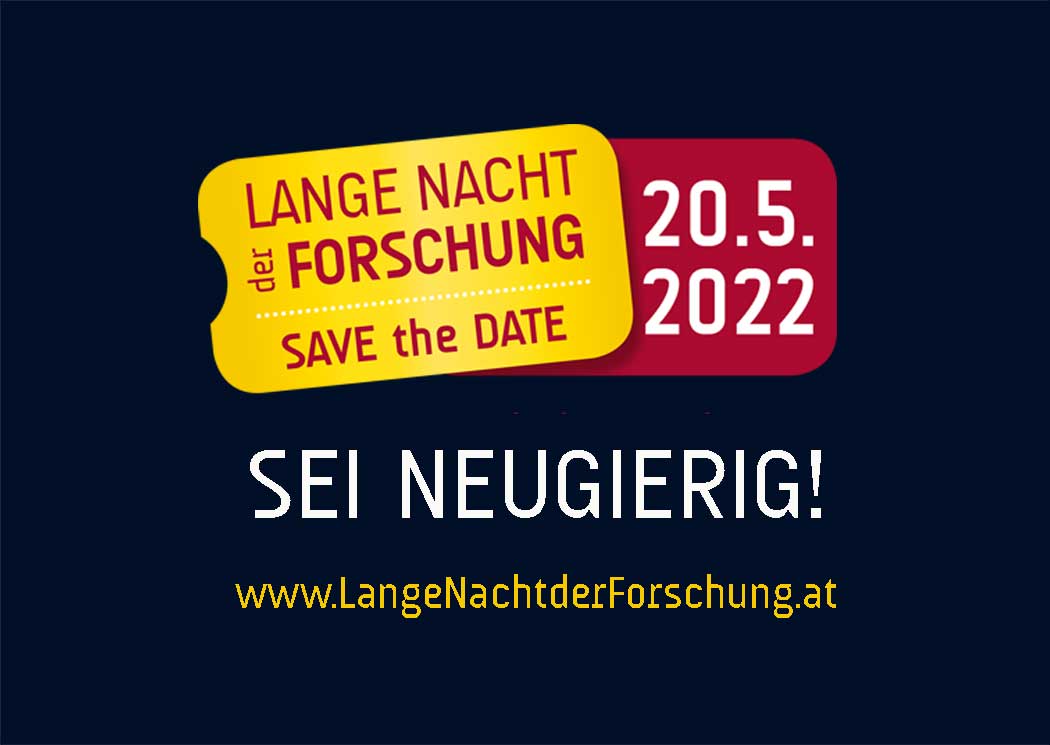
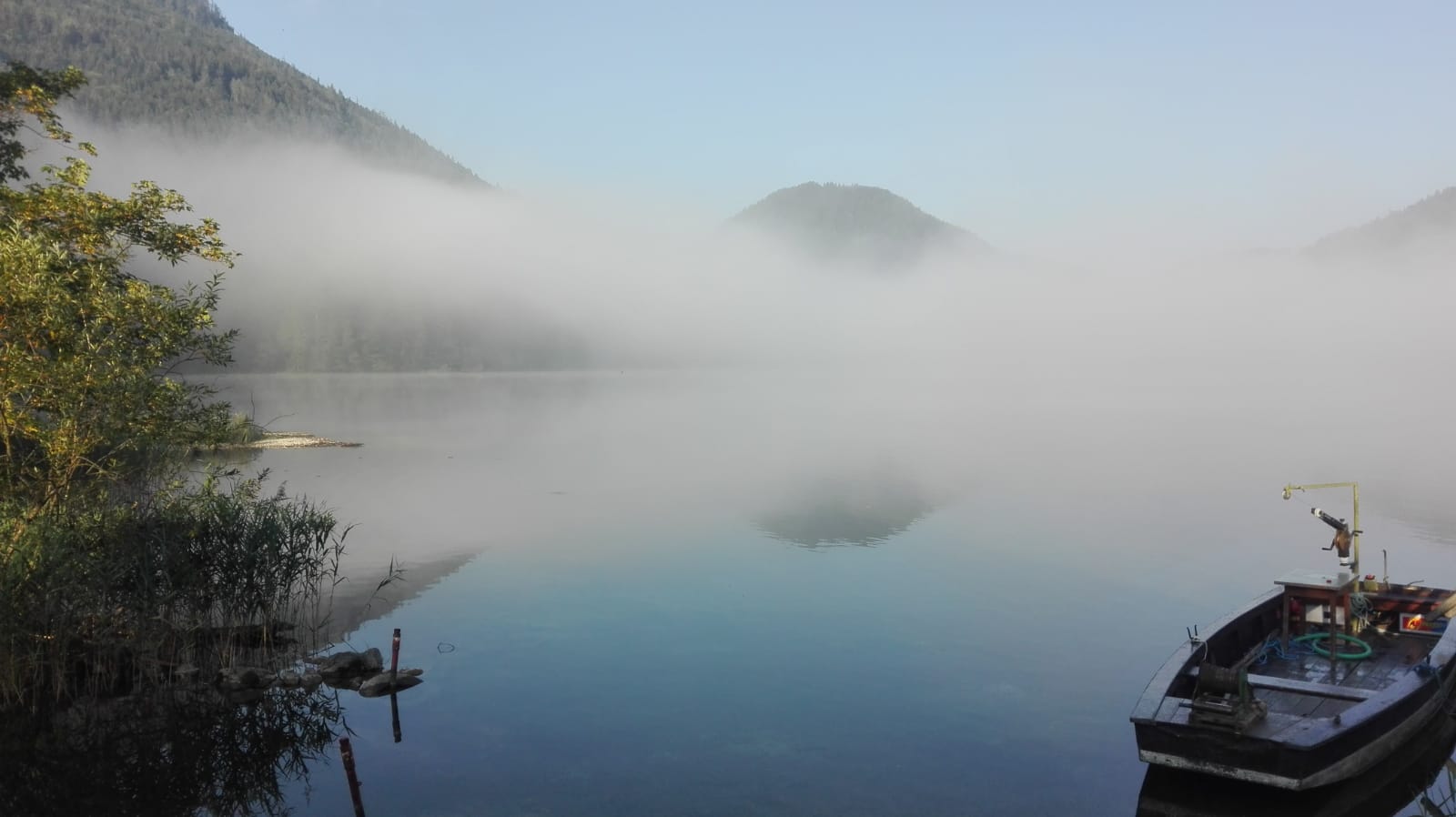
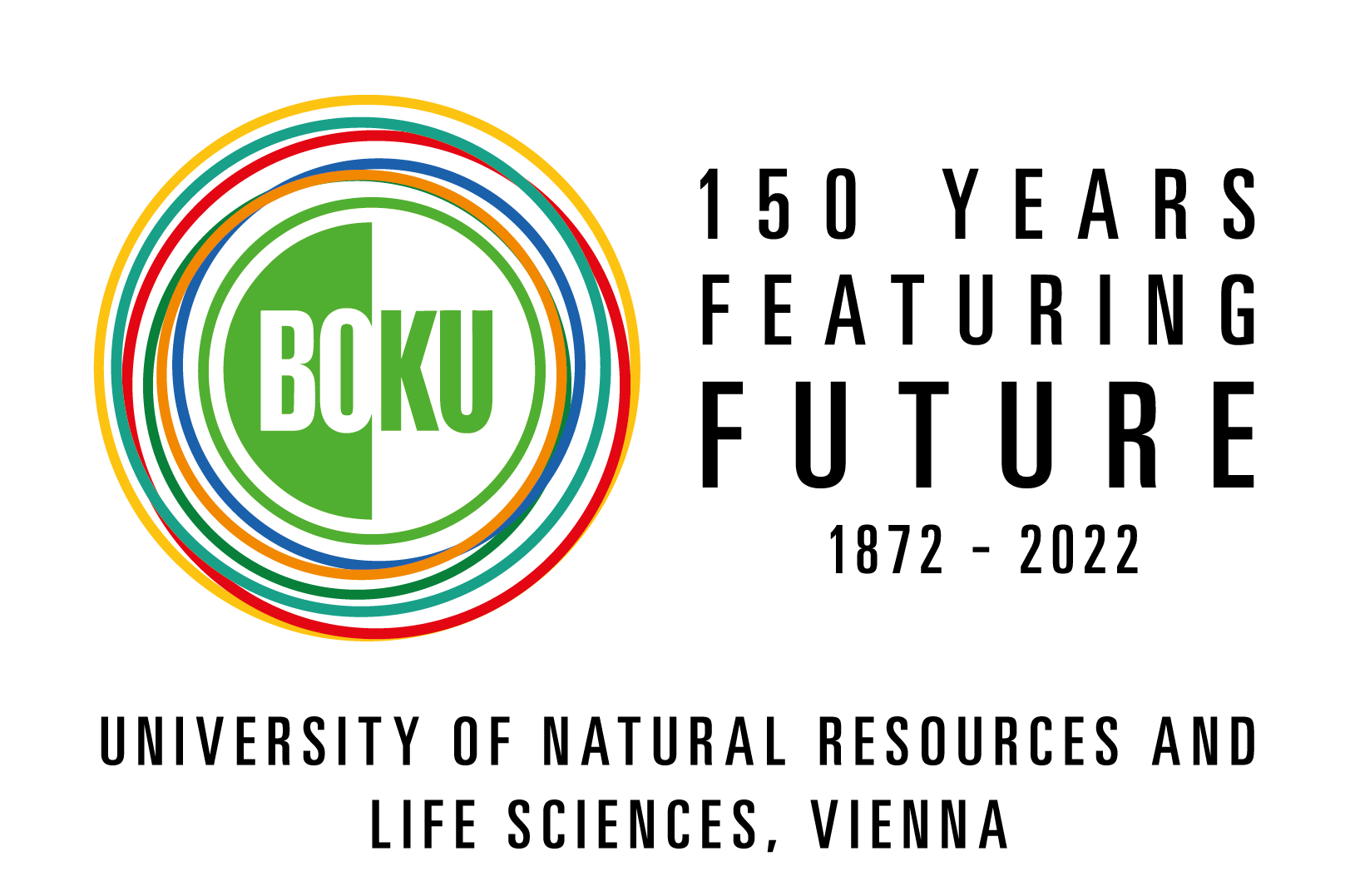
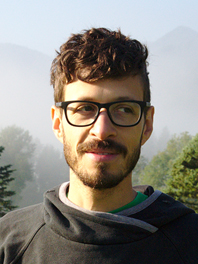
.jpg)
